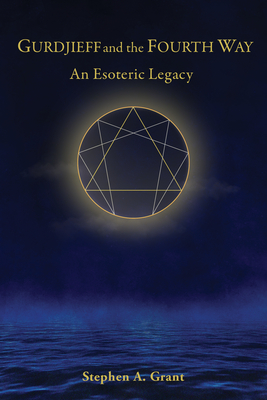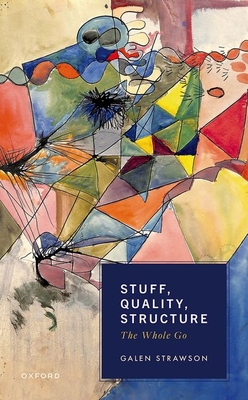
description
s life, teaching, and role as a spiritual leader through the lens of esotericism. Gurdjieff warned against taking anything literally or on faith, and he advised accepting only experience that could be lived oneself. He also said that one has to find out "how to know" and that understanding higher knowledge depends on one's "level of being." The aim of the Fourth Way is toward a change of being--from the level of man number one, two, and three to that of man number four. Stephen Grant offers a fundamental reassessment of Gurdjieff as a spiritual leader and the Fourth Way as an esoteric teaching. This includes recognizing the Fourth Way as esoteric Buddhism. This book outlines Gurdjieff's early life and view of ancient history, followed by the itinerant course of his teaching from Russia in 1915 to his death in Paris in 1949. The discussion then focuses on his esoteric mission--to bring the Fourth Way to the West--and its three major stages: (1) introducing the system of ideas to and through P. D. Ouspensky; (2) writing his own theory of the teaching, principally in Beelzebub's Tales; and (3) passing on the practical teaching to and through Jeanne de Salzmann. The last five chapters deal with Gurdjieff's relationship with his closest pupils, his system of ideas, his hidden doctrine in Beelzebub's Tales, and the practical knowledge revealed by Mme. de Salzmann.
member goods
No member items were found under this heading.
listens & views

HEAVY SOUL: OLD TOWN & ...
by HEAVY SOUL: OLD TOWN AND BARRY'S DEEP DOWN / VARIOUS
COMPACT DISCout of stock
$12.99
Return Policy
All sales are final
Shipping
No special shipping considerations available.
Shipping fees determined at checkout.






